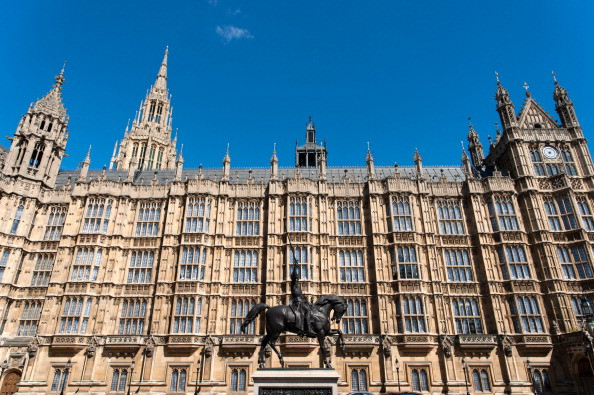Politicians will escape intrusive spy powers of the Snooper's Charter
The spy bill, which has been granted royal assent, will go into effect in January 2017.

The Investigatory Powers Act, which was recently passed into law, gives state agencies wide-ranging invasive powers. However, the law's pervasive spying powers may not affect political leaders the same way as it would other citizens, according to a report.
Politicians, including members of parliament, have reportedly been granted protection from the new law, dubbed the 'snooper's charter', indicating that they may be exempt from some of the fearsome aspects of the newly authorised surveillance powers, the Independent reported.
The bill, which received royal assent on 29 November amid widespread backlash and a recent protest petition signed by over 100,000 people, grants intelligence agencies the power to access users' internet history, carry out mass hacking and more.
Law enforcement authorities, however, require a warrant to exercise most of the strong provisions of the law. In most cases, these warrant applications would be sent to senior ministers, who could then determine the scope of the warrant and approve it. Extra regulations have been introduced for political leaders. Warrants seeking to target MPs and other politicians must be approved by the prime minister.
The exemptions provided to politicians appear to be fewer than previously believed. Harriet Harman, the UK government's human rights committee chair, had earlier called for "tougher safeguards to ensure that the government cannot abuse its powers to undermine parliament's ability to hold the government to account".
Commenting on the new law, ESET security specialist Mark James told IBTimes UK: "For me one of the biggest concerns here is the wealth of data that is being harvested by the internet companies and how they are going to store and protect it. For instance, if they were to get hacked, the intruders would have a lot of information available for them for very little effort. If companies are going to be forced to store all this information then we need an enforceable level of protection to keep it safe."
James added: "There will always be people on each side of the fence when it comes to privacy and what is perceived to be stored and monitored. Protecting our personal data to achieve a level of anonymity is becoming harder and harder as our daily digital lives are distributed throughout the internet and stored on servers of which we have no control or say in their security levels or procedures."
The 'snooper's charter' has been slammed by various tech and privacy experts, most recently by the inventor of the World Wide Web, Sir Tim Berners-Lee, who said it undermined people's "fundamental rights online".
© Copyright IBTimes 2025. All rights reserved.






















